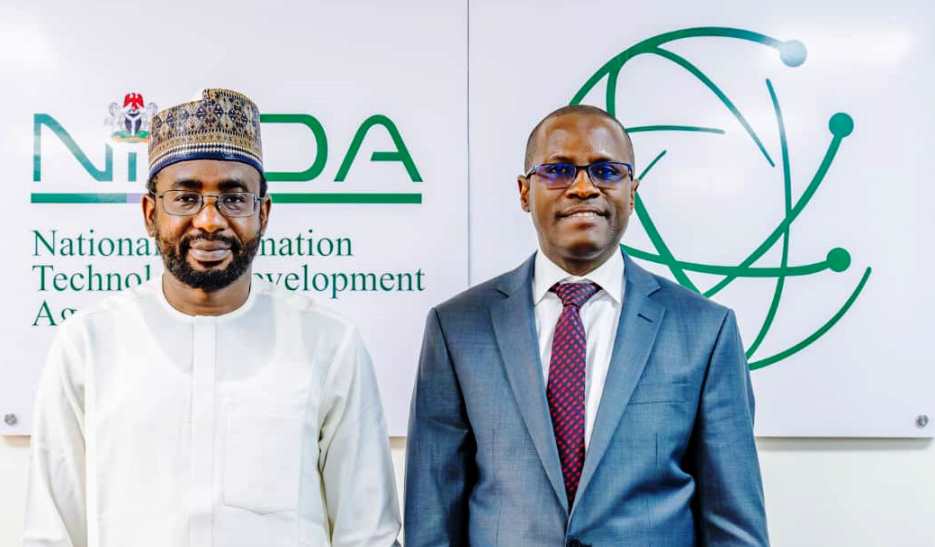As Nigeria’s public universities grapple with funding challenges, the rising cost of tuition has ignited a fresh wave of concern among students, parents, and higher education stakeholders. The former President of the Academic Staff Union of Universities (ASUU), Prof. Emmanuel Osodeke, has again sounded the alarm: unchecked increases in university charges risk driving more students out of the system and threaten to push higher education beyond the reach of ordinary families.
At a recent 2025 National TETFund Town Hall Meeting held in Abuja, Prof. Osodeke did not mince words. According to him, the rapid escalation of tuition and ancillary fees in federal and state-owned universities has reversed years of progress made towards equitable access to university education in Nigeria. “Every fee hike hits poor families hardest. We are seeing students dropping out in numbers that should worry everyone concerned about Nigeria’s future,” he explained before an audience of education policymakers and civil society attendees.
Prof. Osodeke further argued that the proliferation of fee increases undermines the core intention behind the Students’ Loan Act. The law, seen by many as a step toward leveling the educational playing field, was designed to make sure qualified students are not denied a higher education simply because of their financial background. “But if tuition keeps rising, students from less-privileged backgrounds may not even bother to apply – loans or no loans,” he noted.
The professor’s critique comes on the heels of recent reporting by The Guardian, which revealed that the Nigerian Education Loan Fund (NELFUND) had flagged “excessive” tuition hikes at several public tertiary institutions – with some fees reportedly swelling between 20% and a staggering 521%. Especially affected are professional courses like Medicine, Nursing, and Law, where total fees often exceed what an average Nigerian household can afford within a year or two.
According to a NELFUND document titled “Report on Framework to Mitigate the Impact of Increased Institutional Charges on the Fund’s Operations,” these surging charges are straining both students and the loan scheme itself. For a fund intended to increase access, disproportionate tuition rises undermine its capacity. “When universities demand so much more, we are caught in a bind – we can only support a limited number of applicants, and many students will be left out,” a NELFUND spokesperson, who requested anonymity, explained to local press.
The list of universities implicated by these increases includes notable state and federal institutions such as University of Ilesha (Osun State), Ekiti State University, University of Medical Sciences (Ondo), Edo State University, Ladoke Akintola University of Technology (Oyo State), and David Umahi Federal University of Health Sciences (Ebonyi State). According to NELFUND sources, hikes in these schools’ charges range from “significant” to “eye-watering.”
This situation is hardly new. Only six months ago, The Guardian reported on 51 public institutions embroiled in allegations of illegal deductions and abuse of the student loan program. In some cases, universities were accused of collecting direct loan funds and still charging students full tuition, reportedly retaining amounts exceeding the legitimate charges. Such incidents, if proven, highlight systemic gaps that allow exploitation of intended pro-student policies.
As far back as July, NELFUND rejected applications from 10 institutions following fee hikes of up to 900% in a single academic year, a decision intended to signal zero tolerance for what the fund described as “opportunistic” increases. Despite this, the cycle of rising fees has apparently continued. Investigations show that institutions including Federal University of Agriculture, Abeokuta (FUNAAB), Federal University, Oye-Ekiti (FUOYE), and Kogi State Polytechnic have increased their fees for the 2025/2026 academic session by amounts ranging from 10% to over 1,000%.
“The writing is on the wall,” Prof. Osodeke stated at the Abuja town hall. “Our association warned that shifting to a loan-based support structure would expose students to greater risk, and the figures are now proving us right.” He referenced fresh data being compiled by ASUU, which reveal a downturn in university admissions for the current session. “Only a few students are taking loans. Most are simply giving up – and those who do borrow may spend years buried in debt.”
Beyond the statistics, students and families are already feeling the pinch. According to Ifeoma Okoli, a commercial farmer whose youngest daughter recently dropped out of one of the affected universities, “We just couldn’t find a way to meet the new fees. The bank loan process was too complex and even if we qualified, repayment was going to be impossible for us.” Her sentiment is echoed by scores of parents and guardians in local forums and on social media, where the topic of education costs trends regularly.
Financial analysts argue that the pattern in Nigeria is in line with a worrying trend across low- and middle-income countries where public funding for universities is eroding in favor of user fees. “In Ghana, similar hikes have pushed thousands out of university each year,” notes Adjoa Boateng, a higher education researcher based in Accra. “But Nigeria’s sheer population means the consequences here could be even more severe.”
As tuition in some Nigerian universities now ranges from N2 million to N3 million per session, the prospect of graduating saddled with up to N30 million in debt is no longer theoretical. “How is a fresh graduate meant to repay so much? It can lead to desperate measures, or simply discourage people from ever going to school,” Osodeke said, calling for an urgent review of the current system.
Stakeholders are now debating alternative solutions. While some advocate for enhanced regulation of institutional charges and greater transparency by university management, others are pushing for the outright conversion of loan schemes into grant-based support for the neediest students. “Instead of helping, loans may simply entrap young people in a cycle of debt,” noted policy analyst Dr. Kemi Ogundipe in a recent interview. “Nigeria should consider targeted grants, scholarships, and increased government funding as a better path — just as several progressive African countries are beginning to do.”
Global comparisons offer useful benchmarks. In South Africa, for instance, the National Student Financial Aid Scheme combines bursaries (grants) and loans, with loan forgiveness for students who excel academically. Meanwhile, some Scandinavian nations offer tuition-free university education for all citizens, though funded by much higher general taxation rates.
Even within West Africa, student and civil society voices are growing louder. Advocacy organisations such as the Nigerian Youth for Education Justice have staged protests over rising tuition, demanding legislative action. University alumni groups in both Nigeria and Ghana have begun raising funds to support current students at risk of dropping out.
Policy debates aside, the human impact is front and centre — and time may be running short. As one undergraduate from Oyo State University, who asked to remain anonymous for fear of being penalised, told this reporter: “Education should be an opportunity, not a trap. If nothing changes, only the children of the rich will go to university.”
As calls for reform continue, the question remains: can Nigeria balance access, quality, and sustainability in tertiary education, or will the next generation be priced out completely?
What are your thoughts on the relentless hike in university fees and the impact of student loan schemes? Are grants a better solution for Nigerian and West African students? Share your opinion in the comments below and let your voice be heard!
For general support or questions, contact us at support@nowahalazone.com.
Follow us for the latest news and local updates on education and more: Facebook, X (Twitter), and Instagram.
Join the debate—your story might inspire change!










